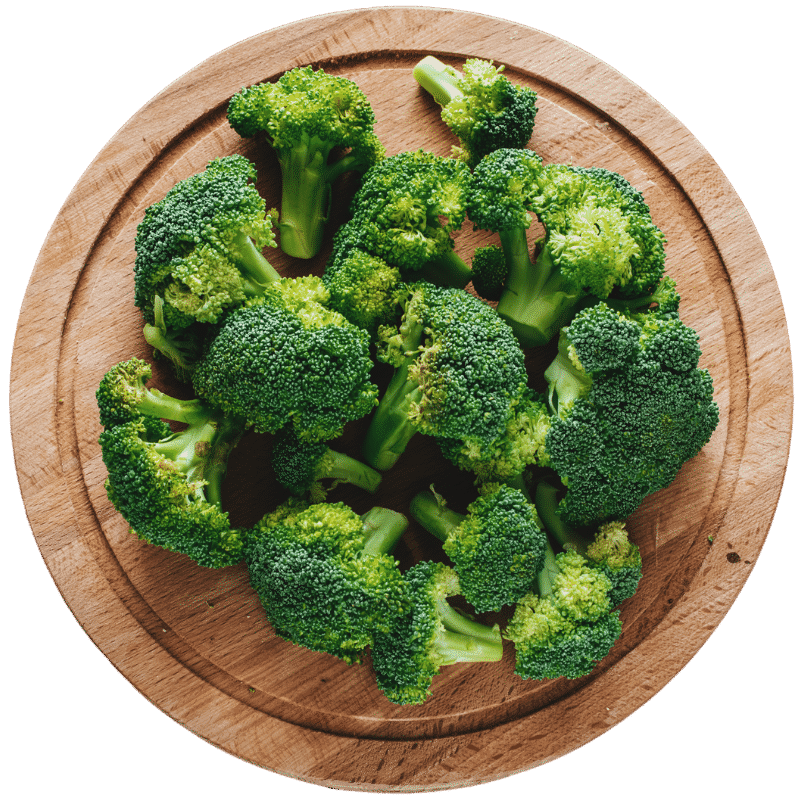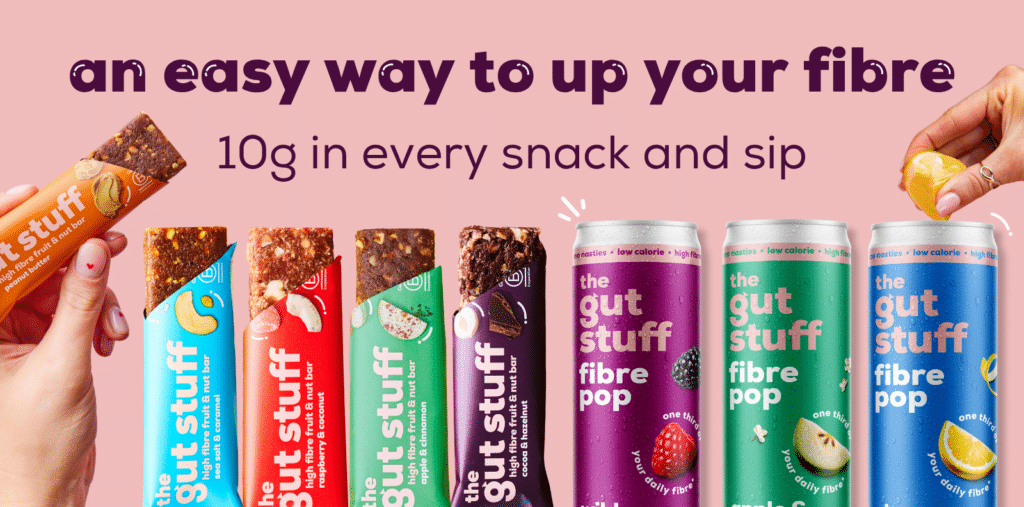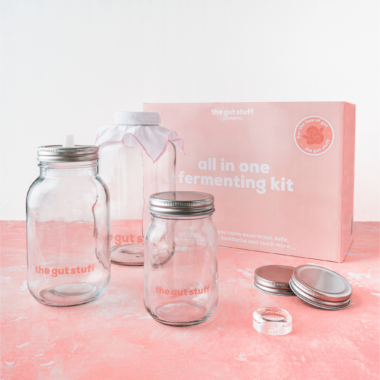
fibre
We explain why fibre is the unsung hero of nutrition and how you can safely increase your intake.

our top takeaways not the fast food variety!
simple swaps
Swap white bread for wholegrain sourdough
myth bust
Yes fibre helps to “bulk your stool” if you’re constipated, but it also feeds your good bacteria – double win!
We’re supposed to be getting around 30g per day but as there is no legal requirement to state fibre on food packaging sometimes it’s a bit tricky to work out. To put this into context, one medium apple is approximately 2.1g – so it’s a high number to hit.
why is fibre so important?
- bulks out and softens your stool by retaining water, which supports gut transit time and reduces the risk of constipation
- certain types of fibre can be fermented by your gut microbes, which produce short chain fatty acids (SCFA). SCFA provide energy for your gut and play a crucial role in other areas of health
- slows the absorption of sugars found in carbohydrates, which can support your energy levels
- promotes an environment favourable to beneficial gut bacteria
- a diet high in fibre can reduce the risk of certain diseases, including high cholesterol, heart disease, diabetes, diverticular disease and bowel cancer.
So it has so many benefits beyond helping you “go”!.
Your gut microbes need a variety of different types of fibre to thrive but luckily nature has packaged lots into plant-based foods. Variety of fruit and veg is key, as different types have different benefits and feed different bacteria!⠀
If you don’t think you are getting enough fibre, increase the amount you consume slowly, by around 5g a day for a week and then up it by another 5g per day the following week. You’ll also need to ensure you are drinking enough water too. Read more on hydration here.
We’ve created a handy fibre table to help you tally up your fibre intake and work out how much you’re getting. Download it from our shop for free.
* Note: some medical conditions, such as IBS, can mean some sources of fibre exacerbate symptoms. If in doubt, speak to your doctor.
disclaimer: The information on this website is provided as an information resource only and is not to be used or relied on for any diagnostic, treatment or medical purpose. All health issues should be discussed with your GP and/or other qualified medical professional.





